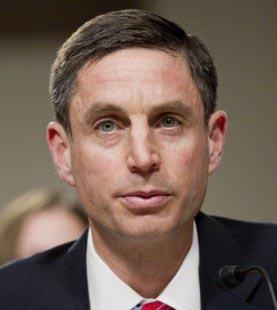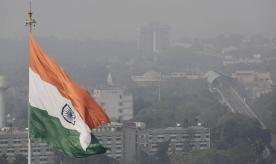Clearing the air: The effects of transparency on plant pollution emissions
India is choking on growth. Of the 20 cities in the world with the worst fine particulate air pollution, 13 are in India, meaning the average Indian loses about three years of his or her life due to the harm of this pollution There is also growing evidence that high levels of pollution lower labour productivity and, therefore, potentially economic growth.
If good information on who pollutes is available, then traditional environmental regulation can bring down emissions somewhat, but regulators may lack the will or resources to penalise every polluter. What more can government due to contain such widespread damages? In his canonical essay on “The Problem of Social Cost”, Ronald Coase argued it should perhaps do nothing. His very first example “is that of a factory the smoke from which has harmful effects on those occupying neighbouring properties” (Coase, 1960).
Coase argues that taxing the factory’s emissions or holding the owner liable is not desirable or necessary, since if property rights are well-defined, and parties are well-informed, then the owner and other parties can work out the right level of pollution and compensation for the harm suffered. The United States and other countries have put this notion to work in “third wave” environmental regulations that require information disclosure, but have no formal enforcement provisions.
In this project we propose to test this Coasian principle of transparency first by measuring the effect of information disclosure on emissions in a large-scale plant-level randomised-control trial (RCT) in India.
- Our partner in the project is the Maharashtra Pollution Control Board (MPCB), the environmental regulator in the most industrialised state in India-Maharashtra. Working jointly with the MPCB, we have developed a star-rating programme that will assign plants to categories based on their recent air pollution emissions.
- The experimental design assigns random subsets of plants to have their ratings privately shared with the plant alone or publicly disclosed, allowing us to distinguish own-knowledge and public pressure effects on the main outcome of plant air pollution emissions.
- Moreover, unlike in the traditional Coasian setting, a regulator does exist. We will therefore also measure the effects of public disclosure on the crowd-in or -out of regulatory enforcement actions.







